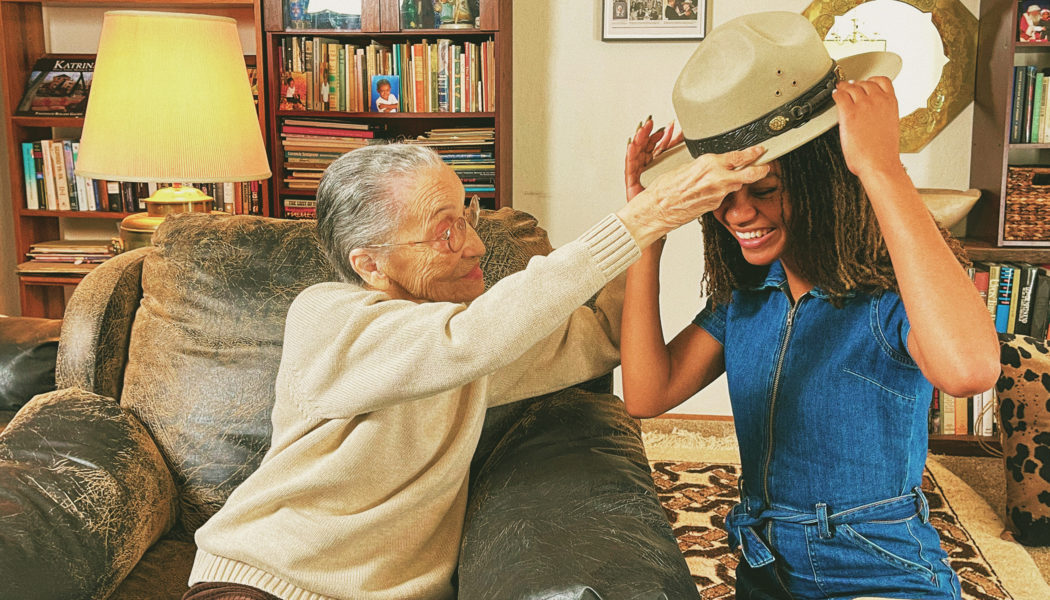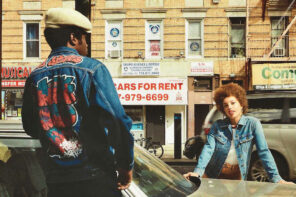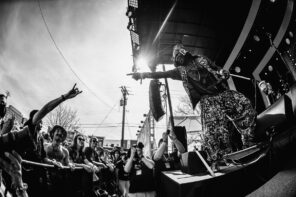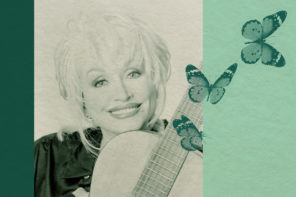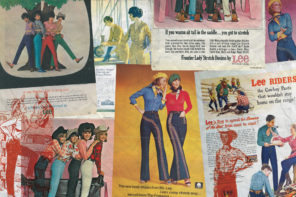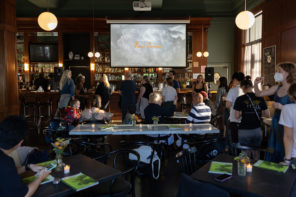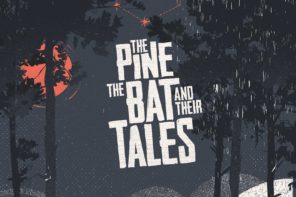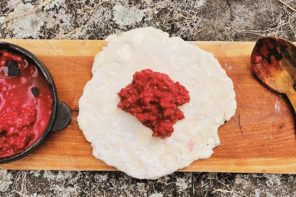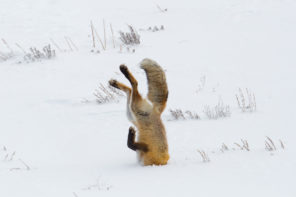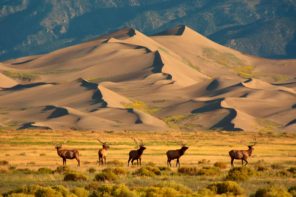The Nation’s Oldest-living Park Ranger and living Trailblazer sits down with activist Leah Thomas
In March 2022, Betty Reid Soskin retired as the oldest national park ranger at 100 years old. Two years before Betty’s retirement, Leah Thomas was pulled into the national spotlight as the face of the Intersectional Environmentalism movement. Two women with much more in common than the love of the outdoors: They’re trailblazers for civil rights, feminism, and the environment. The following is a conversation between the two powerhouses, transcribed from the film Intersections, from WaterBear, the free streaming platform dedicated to the future of our planet.
Leah Thomas: Some people like labels. They might call themselves a feminist, an environmentalist. But what do you call yourself?
Betty Reid Soskin: I think I call myself Betty.
Leah: I like that. When did you become a park ranger?
Betty: I became a park ranger when I was 85, if you can imagine that. And when I became a park ranger, that was unheard of. The area where I was had no parks.
Leah: How did that work out?
Betty: The park [Rosie the Riveter World War II Home Front National Historical Park] grew out of a dream of women who had taken the place of men during World War II. And they wanted to be recognized because they had never been recognized. There was this displacement of 110,000 Japanese, all put in concentration camps throughout the western states. There was an explosion in Port Chicago, which had not been known, and would not be known until we called attention to it. But there were 202 Black men who were lost in that explosion. This was the beginning of the immigration of Mexicans who came in to take the place of the Japanese who’d been sent away. There were so many, many stories. They’re all centered in the area so that I began to broaden the story.
To love the parks, you should know that history and understand it.
Leah Thomas
Leah: You did open up a lot of doors—I didn’t even think that I wanted to be a park ranger because I hadn’t really seen that many people that looked like me that were park rangers. But there just happened to be an internship program. Then the only placement that was available was Nicodemus [National Historical Site, the oldest and only remaining Black settlement west of the Mississippi River] in Kansas, but it was one of the most beautiful experiences of my life. Just looking at old photos, looking at all the artifacts, having conversations with the descendants and the park rangers. And it was really interesting to see the relationship between the park and the descendants. And after that, there were all of these fireworks in my head saying there’s something about the combination of culture and race and identity and the environment. Would you say that culture is a lot more important to the National Park Service than people realize?
Betty: I think they have to go side by side—you cannot tell one story without the other.
Leah: I completely agree. And think about how empowered the next generation of kids would be if they saw themselves reflected truly in environmental history. To truly love a park for everything it is, you should be able to talk about the displacement of Native Americans that may have happened in that space. You should be able to talk about what happened to African Americans in these spaces or when they tried to retreat out into wilderness areas. That’s a part of the National Park Service’s history and system. To love the parks, you should know that history and understand it.
Betty: What gets remembered is determined by who’s in the room doing the remembering. That was something that stayed with me. I remember this question of Blacks visiting parks or Blacks not visiting parks. I remember telling someone that the parks were designed for people who had cars, people who could travel, and people who had time. They were not designed for people who had to make a living.
Leah: When I told my family, “Hey, I want to be a park ranger,” they were so confused. I did not go camping growing up. That was not a part of the experience. I was talking about Yosemite and all these places. They were like, “Why would you want to walk around in the forest? That doesn’t make any sense.” And part of it I didn’t think about is also generational trauma. I remember my grandma was like, “Why would you? People go off in the woods and they don’t come back, Leah.” They’re from the South. So when I thought about that, I was like, “Oh, I guess there are some reasons why.” Or even questions about swimming and why there are primarily white people in certain activities. People don’t connect it back to segregation and slavery and generational trauma surrounding water. It’s not just because Black folks, for some reason, don’t like water. We love water. People in Africa go surfing. We’ve lived with water for a very long time, but people don’t often talk about some of those reasons.
Final Thought from Betty
I don’t waste much time thinking about tomorrow. And I certainly don’t regret yesterday. So every day is a constant state of surprise. I don’t know that there’s anything in my life that sets me apart from anyone else. I really don’t. We all live very special lives and I don’t think that we recognize it, but I wish we could.
To watch Intersections for free, download WaterBear from the app store or head to: join.waterbear.com.

